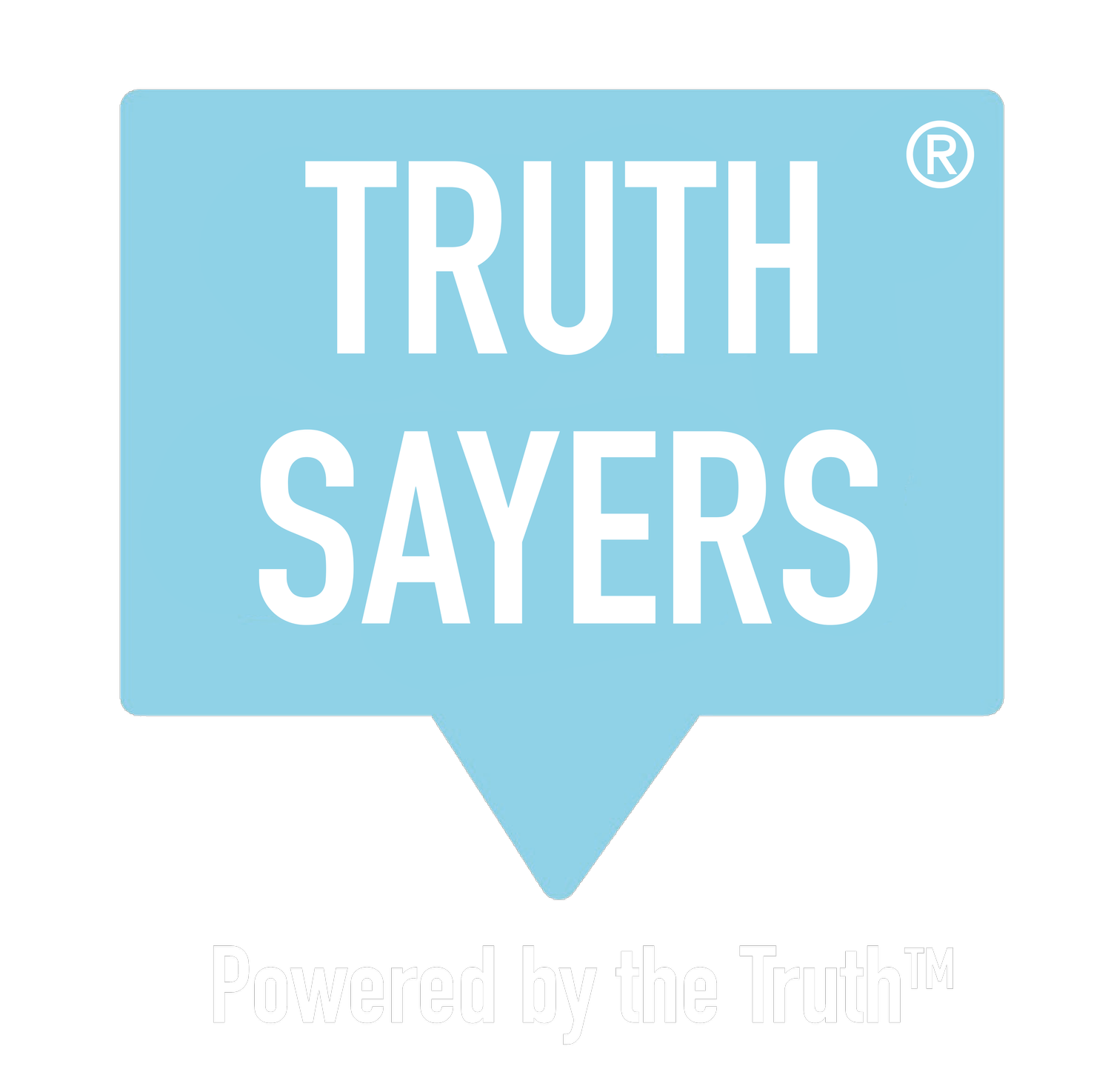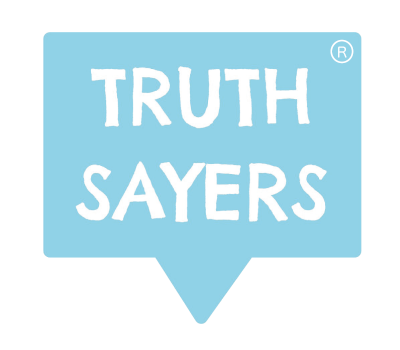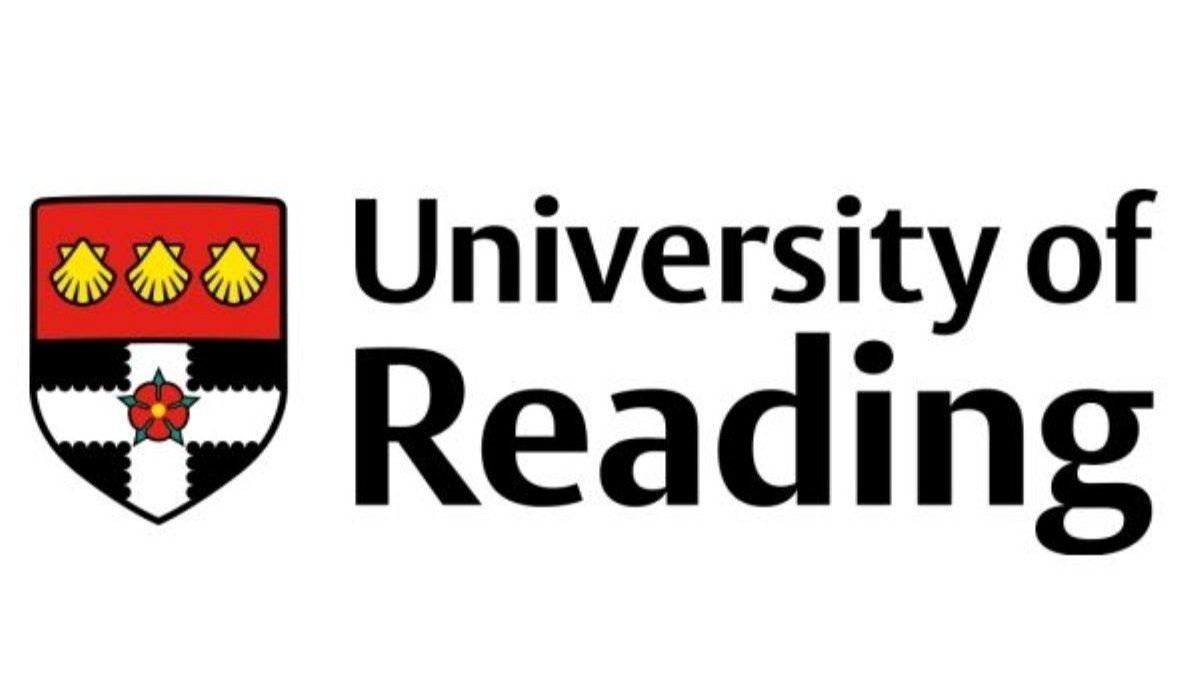How Committed Are We To Our Planet?
Sustainability, veganism, zero carbon footprint …
It’s easy to pay lip service to our ethical responsibility to the planet, but are we really prepared to drastically change our shopping habits and diets?
Now, more than ever, sustainability in the consumer food chain is vital, but it’s pointless if retailers don’t fully understand the truth of how consumers feel. Let’s face it, few people would openly admit that they just prefer meat and have no intention of following through with promises of change. We unintentionally lie to ourselves: “I am going to reduce my meat intake and only buy ethically sourced foods” and, genuinely, we may believe this is our intention, but when we enter those supermarket aisles, do we follow through on our promises?
"As consumers what we say we will do and what we actually do are often different."
Professor Lisa Methven, FIFST, RSensSci, CSci
Traditional methods of researching customer choice are asking the right questions to supposedly get the truth, but the reality is: they are just not digging deep enough. Consumers who participate in traditional surveys are by and large, very well intentioned and truly believe they are giving their honest answer, but there are filters happening in our brains, at a level that we barely recognise. This is where neuroscience is needed.
Retailers can now access the real truth
At Truthsayers®, we are ahead of the curve. Our unique platform, Neurotech®, uses Implicit Reaction Time (IRT) technology, to bypass conscious bias and cognitive moderation to provide our clients with previously inaccessible information: the real truth about how their customers feel. By combining neuroscience, psychology, technology and data analytics, our platform answers the difficult questions that existing methods simply can’t.
It’s the only platform of its kind - in the world.
Neurotech® is like nothing you have seen before quite simply because no one else has done it. It is impossible to trick this technology – and believe me, people have tried! IRT technology captures responses in milliseconds, at a level that our brains cannot override. We are working with corporations around the world, developing Neurotech® solutions for every industry. The results are often quite eye opening. But don’t just take our word for it.
We are working with academic bodies to put our tech to the test. Right now, students at the University of Reading are launching their own investigation into Neurotech®. Under usual circumstances, students would be carrying out field research at this stage in their course, but because of COVID-19 restrictions, our IRT platform has provided an ideal alternative research tool.
Meat-eaters versus plant-eaters
For the first time ever, Food and Sensory Science students will be able to analyse both unconscious and conscious responses, gathered through implicit and explicit surveys run back to back on Truthsayers® Neurotech® platform. Their aim is to discover how people intuitively respond to food in order to better understand how consumers feel about nutrition. The final year BSc students will pre-screen participants to identify their food preferences: vegetarian, vegan and pescatarian versus meat-eaters. Using Neurotech®, respondents’ immediate implicit responses will be captured and compared to traditional explicit questioning techniques, leading to the students being able to carry out ground-breaking analysis across all respondents. Neurotech® automatically generates a comparison between the implicit and explicit profiles in simple to read, but highly detailed charts. The results of the investigation will be published by Truthsayers® at the end of the study.
Nothing is lost in translation
University of Reading, is internationally reputed as a centre of excellence, attracting students from all over the world, many of whom do not have English as their native language. Due to the speed of response required with the IRT test, it is important that the person taking the test does so in their native language. This is another large obstacle faced by explicit testing methods, but not by Truthsayers® Neurotech®: our platform automatically translates surveys into the individual’s native language, meaning that nothing is lost in translation. This automatic translate function saves a huge amount of time and money for clients who want to run multiple surveys across the globe quickly and efficiently.
"Where the global food system has so many challenges to face, it is essential that we really understand consumer reactions to enable substantial step changes towards a more sustainable and nutritious food system. We hope our students will use their understanding of implicit testing to develop foods that have a positive impact in their future careers."
Professor Lisa Methven, FIFST, RSensSci, CSci
Professor of Food and Sensory Science, Director of the FoodBioSystems DTP, University of Reading
Unless retailers can get to the truth of consumer buying intentions we are going to continue in an increasingly food depleting cycle. Now is the time to take action.
Research carried out in association with



